It is not unusual for cat lovers to own more than one cat. Typically, within a year or two of ownership, most pet parents will decide to get another cat to keep their original companion company.
However, there is some confusion about how many cats you can own. In this short guide I will explain what you need to know, whether having more than 3 cats is illegal, plus some notes on what council house tenants in the UK need to understand.
How many cats can you own by law?
In many countries across the world, the number of pets an individual can own is strictly regulated by the law.
For example, in the United States, rules state that cat owners must only own a maximum of three cats per household when they live in a large city or town. So, in the US, owning more than 3 cats is illegal in some places.
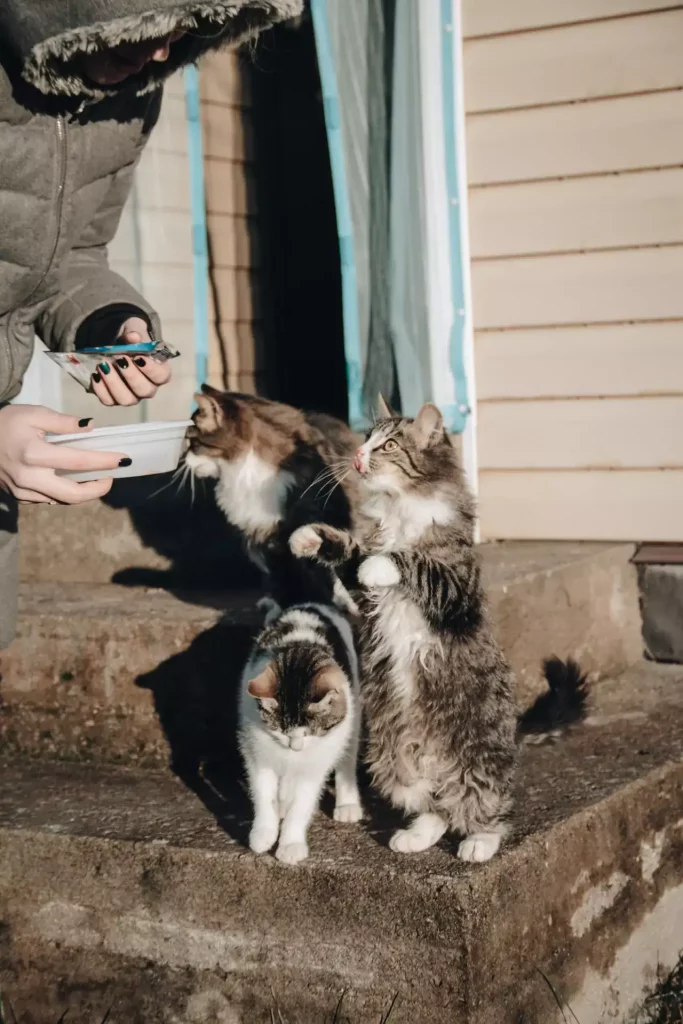
It is worth noting that in the countryside, these rules are significantly relaxed or almost non-existent. However, house owners or managers of apartment blocks can set restrictions on the number of cats that are allowed, regardless of where these buildings are located.
Meanwhile, in countries closer to home, such as France, there are basic animal welfare laws that prevent cat owners from having more than nine cats over the age of 4 months in one household.
It is worth noting that this 4-month rule is likely related to cat breeders, who regularly have multiple litters of newborn kittens on their properties. Alongside this, these welfare laws also state that owners are required to check that their premises are securely fenced and that they can provide the cats with adequate water, shelter, and food.
How many cats can you own in the UK?
However, when it comes to the UK, there are no set rules on how many cats an individual can own. Theoretically, this means that cat lovers can have as many cats as they wish, as long as they can meet their requirements (food, water, shelter, and general care).
That being said, much like other countries, landlords of properties are allowed to implement their own rules as to how many cats their tenants can own (or whether they are allowed to have pets at all).
Additionally, if a complaint is lodged by neighbors, typically regarding the noise or smell of said cats, and this report is investigated and proven to be true, then local law enforcement has the power to remove these cats and rehome them.
Similarly, those involved with animal welfare are more likely to conduct inspections on individuals who own multiple cats, due to the amount of care that is required to look after them.
Therefore, some common sense and a healthy amount of responsibility are essential before cat owners jump into adopting multiple felines.
How many cats can you own in a council house in the UK?
How many cats can you keep in a council house will depend on the local authority. However, many of them do follow the same rules, saying that council tenants can have one cat and one cat providing the pet has access to a garden.
It’s worth checking what your own council says about keeping cats in the house. They might have this same policy or require you to ask permission if you want to keep more than one cat in a council house.
And now, for some general advice on how many cats you can keep from an ethical and practical perspective.
How much space is required for keeping more than one cat?
The amount of space required for owning cats varies depending on many factors. In general, larger breeds require more space, with a garden also being a must-have for them to remain happy and content.
Large felines are rarely satisfied without access to a reasonably sized outdoor area, and as such, you should not own a large breed if you live in a small property or flat without green space.
That being said, if your apartment has a sizable outdoor balcony, then they should be able to make do with this space – as long as you regularly take them out for walks and exercise.
Handy Hint: Please be careful with cats and balconies, as there are reports of some cats jumping from them.
However, if you own several large cats, then your property must have a garden to match their size. In general, each cat should have enough space to run around and do its business without being at risk of colliding with a fence or fellow feline.
Inside the home, cats owners must also ensure there is enough space for multiple cat beds and adequate space for each cat to be fed. Additionally, they will need areas where they can find their own space when they grow tired of interacting with the other cats.
When it comes to smaller breeds, a garden is also a plus, however, owners can usually make do without one, as long as they exercise them regularly. In general, smaller and toy breeds are more suited to living in smaller houses and apartments, although this does depend on their temperament and energy level.
How much time do you need to look after multiple cats?
The more cats a person owns, the more time they will have to set aside for them. This is something no owner can avoid if they wish to adopt multiple felines. For example, if you are the owner of five Labradors, you will likely be aware of how time-consuming it can be to take care of their general needs.
First and foremost, each cat will need at least two to three walks a day. This in itself may take upwards of three hours in total, especially if you have to walk each cat separately to avoid having your arm torn off.
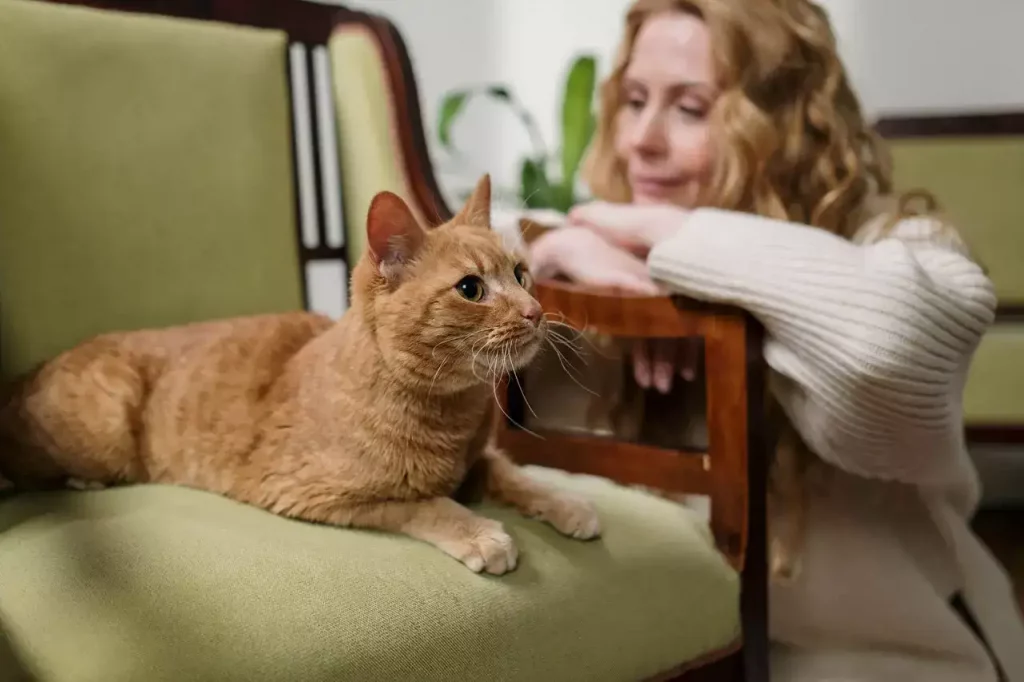
Next, there is their daily feeding, which can be very time-consuming should any have problems with territorial eating habits (not uncommon in many cat breeds).
Lastly, there is the time spent cleaning up after them, picking up and disposing of their poop, grooming their coats, and training them to behave correctly.
At the end of the day, it is never a good idea for an individual to own multiple cats if they live an extremely busy lifestyle. Similarly, any cat owner who wishes to own more than one cat should first be well aware of how much time they require to look after them.
Failure to spend enough time with your cats (at least a few hours a day) could lead them to develop behavioral problems, and this could eventually cause fights to occur between pack members.
Additionally, it is unfair to regularly pass the burden of looking after said felines to family members if you find yourself extremely busy.
What is the cost of looking after several cats?
When calculating the cost of owning several cats, it is important to factor in the price of cat food in your local stores, veterinary fees, and many other additional extras. On average, the annual cost of owning just one cat can range from £445 to £1,620 a year.
Therefore, for most pet parents, owning more than two cats can quickly become unaffordable. This is especially true if the breeds need regular grooming, consume a special or solely meat-based diet, and regularly require checkups at the vet for specific health issues.
Furthermore, it is not uncommon for cat owners to overspend when it comes to their cats, buying extra treats, toys, and expensive food for them.
Should you own more than one cat?
Once you have one cat, it can trigger a desire to add more and more felines to their family, often resulting in them owning several cats.
Likewise, across social media sites, there are a plethora of pages dedicated to sharing the stories of felines who have been abandoned or abused by their owners. Upon seeing these posts, it has become all too easy for people with caring personalities to take on the challenge of rescuing multiple cats at a time.
Sadly, despite meaning well, these cats owners can sometimes find themselves struggling with the burden of taking care of several cats at once. At times, this can force them to give up on the cats they so desperately wanted to help in the first place.
Although there is nothing inherently wrong with owning multiple cats, the experience can often strain the patience of even the calmest and most loving of cat owners.
All too quickly, cats can run riot and take over the home, pushing boundaries and refusing to listen to the commands of their owners.
Sadly, this can often lead to conflicts occurring between humans and cats in the household, causing tension and unneeded stress for both species.
Therefore, before taking on the responsibility of owning multiple cats, cat lovers should ensure that they can provide the correct amount of attention, care, and training to each cat.
Alongside this, they will need to have a proper understanding of the laws regarding owning multiple pets in the UK, and whether it is legal to own more than two to three cats at a time.
Conclusion
Whilst there is no law on how many cats you can own in the UK, there are welfare laws you need to adhere to. It’s unlikely that you can properly care for multiple cats, as their welfare can suffer.
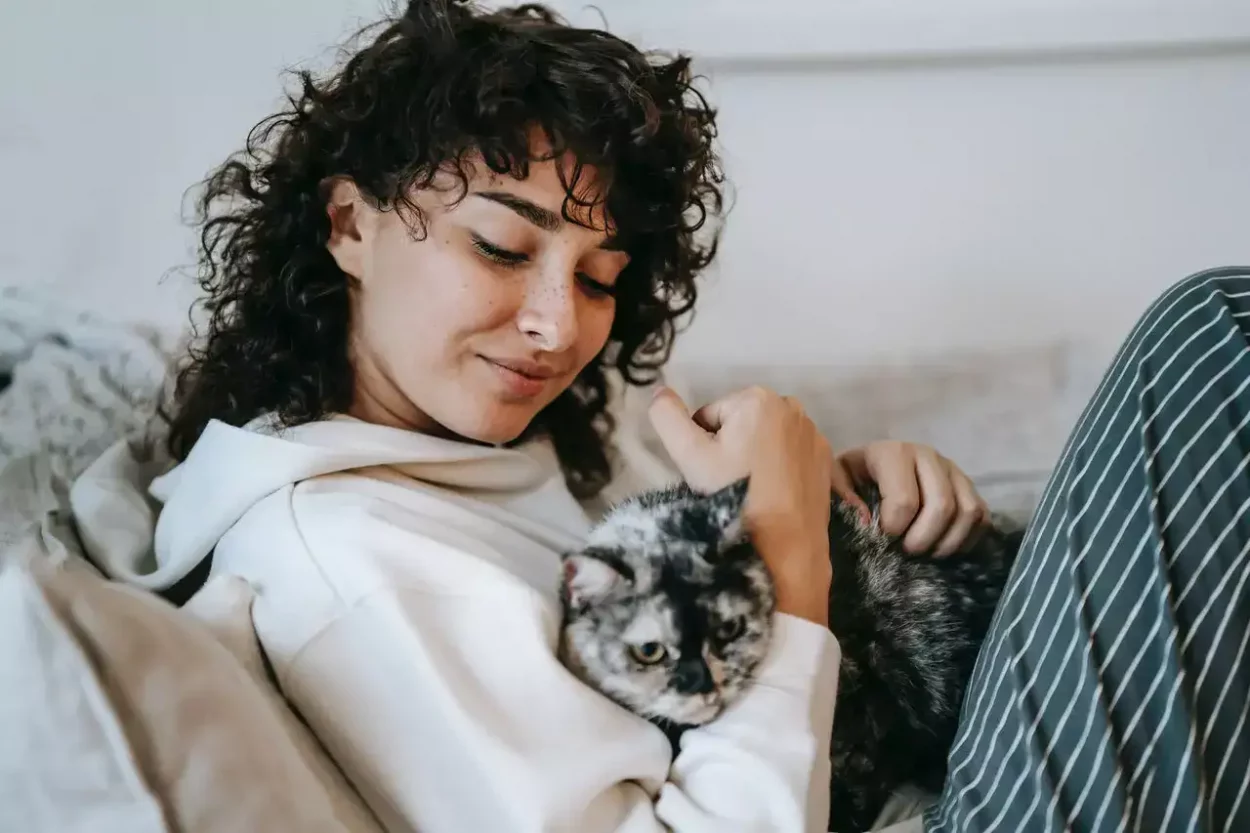
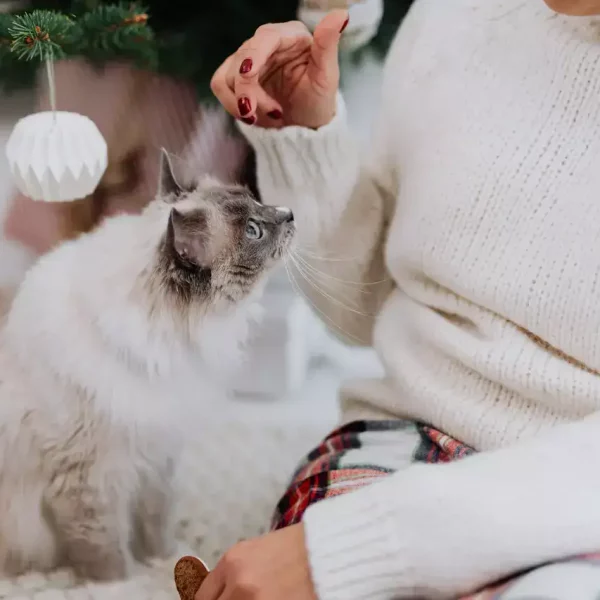
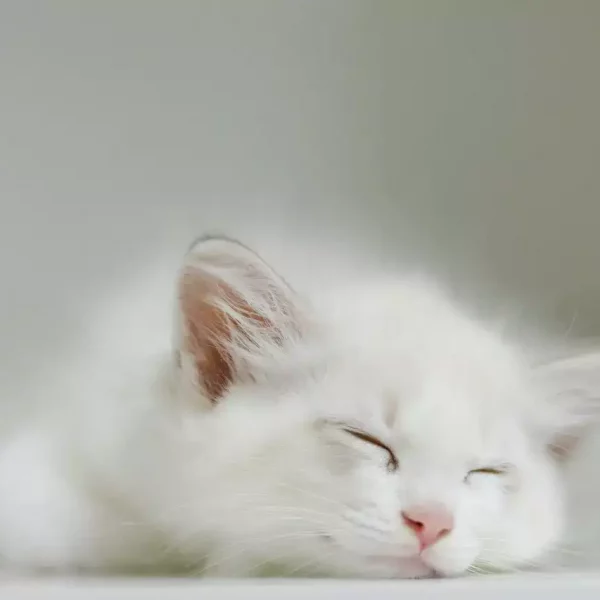
Leave a Comment